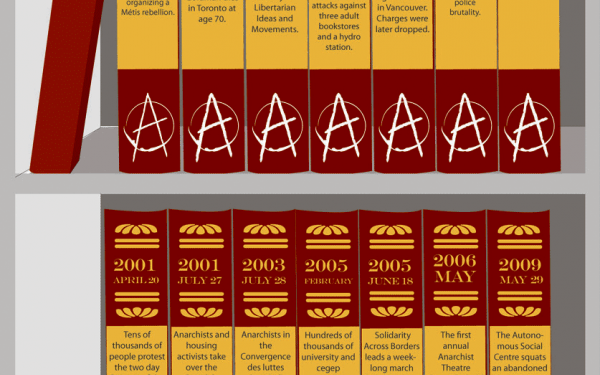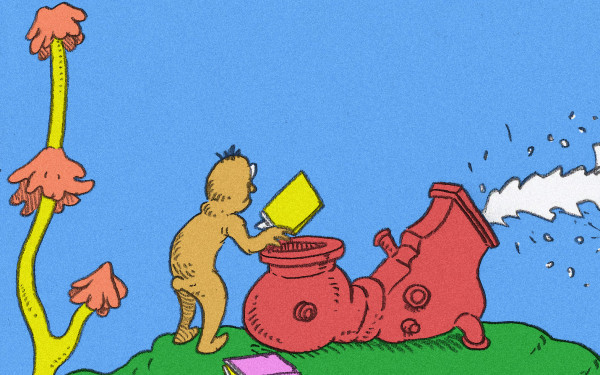Andrew Piper predicts the future of the printed word
Books have survived the gramophone, radio, television and the audio-book. But will they survive the iPad?
Andrew Piper, an assistant professor at McGill University and a specialist on the history of the book, will be joined by Penguin Canada’s Yvonne Hunter and McArthur & Company President Kim McArthur to present Reading the World: The Future of the Book, an industry insider’s perspective on the fate of the book.
“I don’t really subscribe to the ‘end of the book’ narrative,” said Piper. “There are very few instances where media disappear. Usually what happens is they get kind of repurposed and they take on new roles in relationship to new media that have come after them.”
For example, Piper said, when printed books replaced manuscript books, “handwriting [didn’t just] disappear.”
What happened instead was an explosion of new writing. The end of the 18th and the beginning of the 19th centuries saw an increase in the number of books published, but also in the proliferation of book-related anxiety.
“That sense of having too many books really becomes palpable and really prevalent at the turn of the 19th century in a period we call Romanticism,” he said. “And that’s very much how I understand what Romanticism means as a period, is reckoning with the idea of a surplus of books.”
Understanding the history of the book can help us figure out where it stands now, he explained. “There are certain functions the book serves that maybe new technologies can’t,” said Piper. “By understanding the diverse ways that we’ve used books in the past, we can use that as a gauge for understanding its future.”
Piper said Google’s move toward digitizing public libraries is a necessary step in bringing technology and print media together, though there have been some serious missteps in the process.
“The idea of digitizing texts is a great idea. It’s a shame that it took a corporation to do this, where there will be all sorts of future issues of access and proprietary knowledge.
“This should have been a government initiative from the beginning,” he said. “Every nation should have begun digitizing its own library.”
Piper also asserted that industry fears about the book trade collapsing, whether because of Google Books or the iPad, are ridiculous.
“The book industry in North America [makes] over $25 billion a year,” he said. “It dwarfs Hollywood and this is something people always forget. I sort of see it as a reorganization, not a beginning of an end.”
Reading the World: The Future of the Book will be hosted by CBC Radio One’s Paul Kennedy and will take place on April 24 at 1 p.m. at the Delta Centre-Ville (777 University St.). Admission is $5
This article originally appeared in Volume 30, Issue 30, published April 13, 2010.






